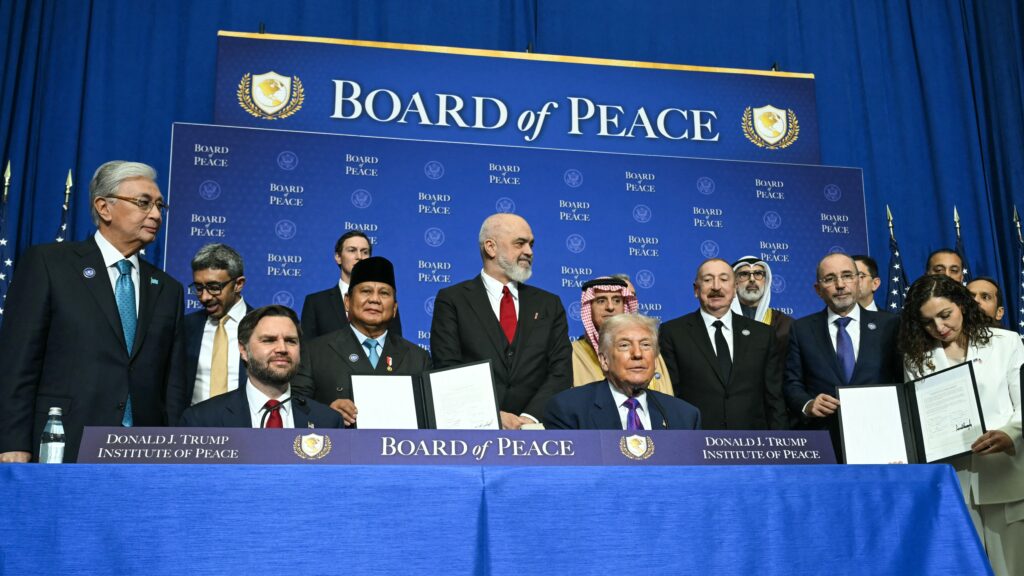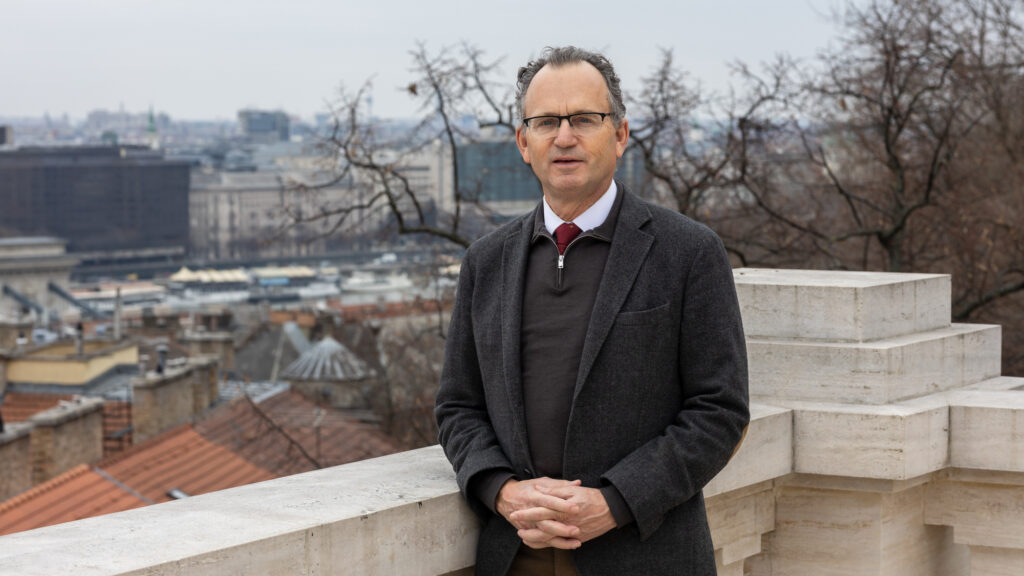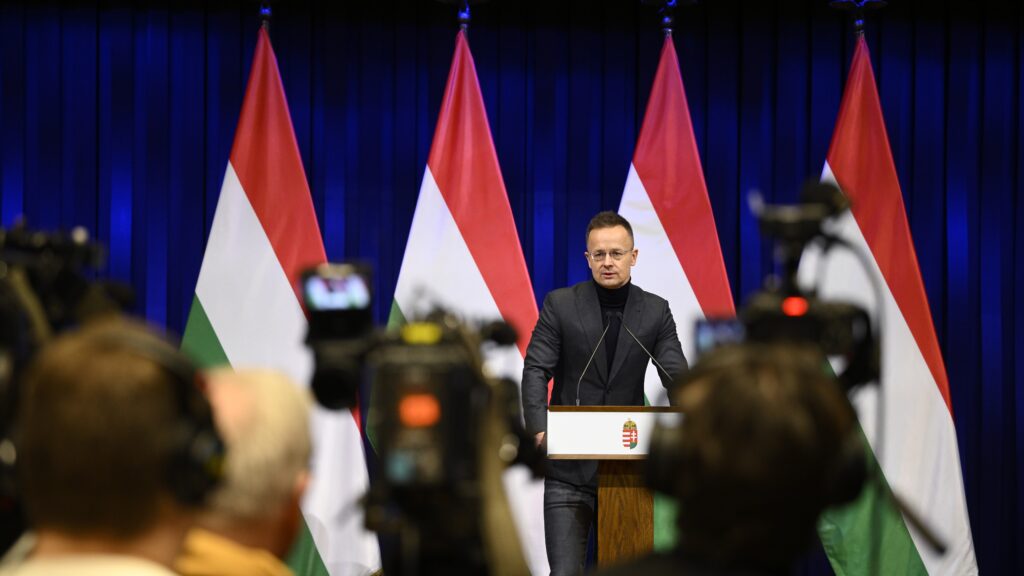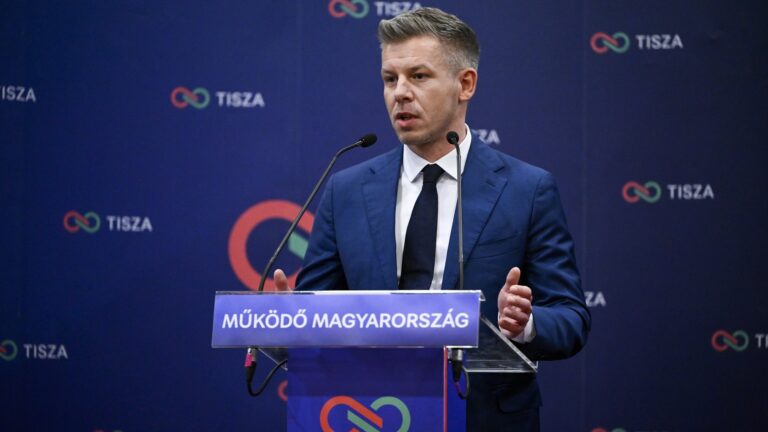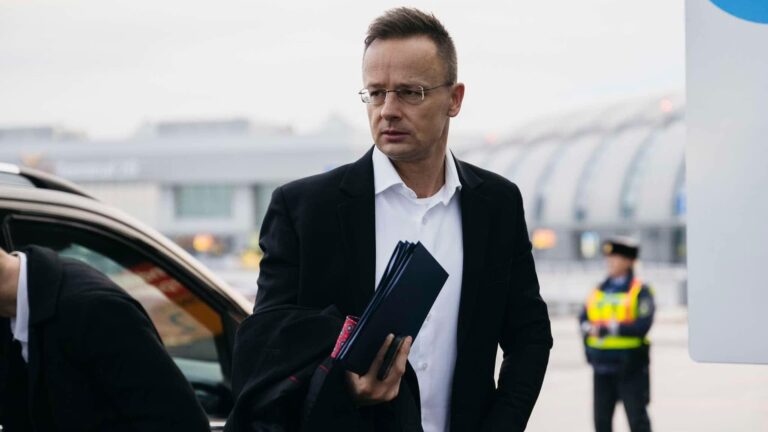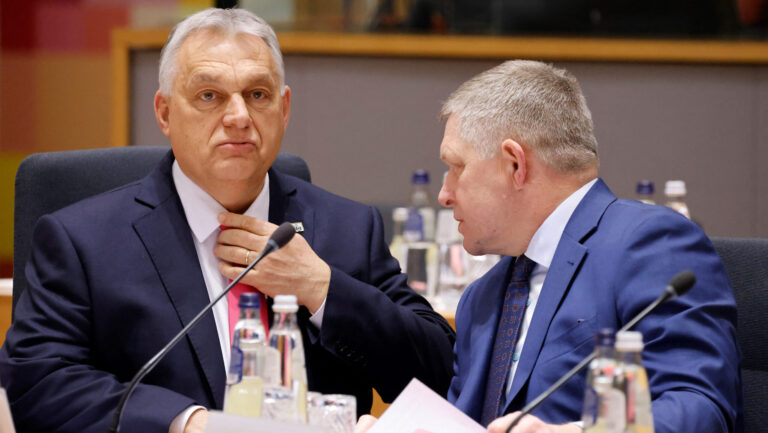After three years, Jerusalem once again hosted the largest global Jewish–Christian media gathering: the 2025 International Christian Media Summit.
More than 100 Christian media leaders, journalists, opinion-makers, and clergy arrived in the Israeli capital to strengthen Jewish–Christian relations and to coordinate new efforts against antisemitism at a time of mounting global hostility.
Organized by the Israeli Government Press Office (GPO) in cooperation with the Ministry of Foreign Affairs and the International Fellowship of Christians and Jews (IFCJ), this year’s summit sought to showcase Israel’s diversity, innovation, and humanity.
Equally important, it aimed to equip participants with new tools to counter antisemitism and online disinformation—challenges that have intensified considerably since the Hamas massacre of 7 October 2023.
On the key day of the summit, participants were taken to the sites of the 7 October attacks—locations that have become central to Israel’s collective memory and its ongoing struggle for survival.
A New Name for a Painful War
Earlier this month, the Israeli government officially approved Prime Minister Benjamin Netanyahu’s proposal to rename the conflict that began on 7 October 2023. The ‘Iron Swords War’ is now the ‘War of Salvation’ or ‘War of Rebirth’ (Milhemet Tkuma).
‘This is the war of our rebirth—a direct continuation of the War of Independence,’ Netanyahu told his cabinet.
In Hebrew, tkuma signifies rebirth, resurrection, and redemption—capturing Israel’s determination to recover and rise after the Hamas atrocities that claimed 1,200 lives.
Yet the meaning of tkuma becomes fully clear not only in government declarations but in the everyday resilience of Israelis themselves—those who have lived through decades of terror and still choose life. Nowhere was this more evident than on our journey south, toward the communities devastated on 7 October.
Look Around—This Land Is Worth Fighting For
As our group headed toward Kibbutz Nir Oz, just north of the Gaza border, our guide—an Israeli born in the 1980s—recounted memories from a childhood shaped by constant threat. During the First Intifada, he recalled, children on buses headed to Jerusalem were forced to lie on the floor as stones and debris smashed into the windows. During the Second Intifada, he survived multiple bombings in his neighbourhood: restaurants, homes, and buses were blown up within metres of where he lived.
‘This is the war of our rebirth—a direct continuation of the War of Independence’
So the question arises: how do ordinary citizens continue their lives despite decades of unrelenting violence?
Our guide simply smiled and gestured at the fields around us: ‘Do we have any other choice? Look around—what a beautiful country we are fighting for. That’s why it’s worth it.’
Yuval Raphael: A Voice of Israel’s Resistance
As we approached the kibbutz, our bus travelled along the same narrow road where Nova Festival participants had desperately tried to escape the attack. Our guide, in response to our earlier question about the secret of Israeli resilience, started to play Yuval Raphael’s song New Day Will Rise, the performance of which brought Yuval second place in the 2025 Eurovision Song Contest and won the public vote. While the poignant song—which in itself embodies the spirit of Israeli resistance—played, our guide showed us the shelter where Yuval survived the massacre by lying motionless for hours under the bodies of her dead friends.
On the way to the Nova Festival:
Poetically, the singer of this song herself miraculously survived the terrorist attack on 7 October 2023; her extraordinary strength and courage were later demonstrated on the Eurovision stage. There, in front of an audience inflamed by pro-Palestinian sentiments, she stood up for her country and proudly shouted to the crowd at the end of her final performance: ‘Am Israel Chai.’
However, Yuval’s story is only just beginning. A new chapter has opened in her life: her musical career has taken off, and she has released a touching mini-album before holding her first real solo concert in Tel Aviv, where I was also able to attend. The concert was filled with an atmosphere of both commemoration and celebration, and Yuval’s smile hardly faded throughout the evening. As she later wrote, the audience, which celebrated Yuval with emotion, finally gave her the love and recognition she had always wanted—and which, in her own words, she had never had in her life.
‘I thought I was going to die’: The Survival of Hila Fakliro
At the site of the Supernova Festival, where more than 360 young people were murdered, we met Hila Fakliro, who had been working behind the bar on the morning of the attack. She once again demonstrated the resilient spirit of Israel as she shared her harrowing experience of surviving the horrors at the very site where they unfolded.
Terrorists surrounded the festival on motorbikes, trucks, and paragliders, shooting indiscriminately. Hila recalled hearing them laughing and singing as they killed innocent people.
For 45 to 50 minutes, rockets rained down before Hila and her colleagues attempted to flee. Something—instinct, perhaps—told her not to return to her car, which proved life-saving: many who attempted to escape by vehicle were slaughtered on the road.
She ran roughly 15 kilometres before hiding on a nearby farm for five hours.
‘I was panicking; I thought I was going to die,’ she said. ‘I am grateful to be alive and to be able to tell my story.’
Hila lost five loved ones that day; three were kidnapped. The first video she saw afterwards showed the abduction of her closest friends, Noa Argamani and Avinatan Or. While Noa and Avinatan have since returned to Israel, another friend, Alex Lobanov, never came home. His body was later recovered from a Hamas tunnel.
Hila Fakliro tells the story from the scene of the Nova attack:
Hila has been crying every day since the incident. Although relieved that the hostages have returned, she admitted that the emotional burden remains enormous: ‘The thought that now we have to fight not only for them but also for ourselves is even harder.’
But she spoke without hatred: ‘I don’t hate people or religions—only Hamas, the terrorist organization that wants to kill us.’
Hungarian Conservative previously reported the story of Dorina, a Hungarian woman who survived the massacre while visiting Israel for a wedding. Her testimony—of hiding for 12 hours on a military base as terrorists fought IDF soldiers outside—remains one of the most harrowing accounts from that day.
‘I don’t hate people or religions—only Hamas, the terrorist organization that wants to kill us’
ZAKA — Witness and Guardian of Israel’s National Trauma
Many survivors, including Hila, owe their lives to the volunteers of ZAKA (Disaster Victim Identification), Israel’s rescue and humanitarian organization.
ZAKA teams were the first to reach the massacre sites. For days, without rest, they collected, identified, and honoured the remains of the victims—often discovering their own relatives among the dead. More than 1,200 identifications were carried out after the attack.
‘ZAKA is now not just an ambulance service—it is a witness and guardian of Israel’s national trauma,’ a spokesperson told us.
The survivors’ ability to speak today—despite the depth of their psychological wounds—is itself a testament to the indomitable Israeli spirit.
As Hila pleaded: ‘Just open your eyes and see what’s happening.’
Location of the Nova Massacre:
A sign now posted at the site of the festival’s main stage reads: ‘Your light will shine forever, and your memory will be remembered always.’
A Nation Living Its Rebirth
Every day since 7 October has become another chapter in Israel’s War of Salvation—a battle for survival, dignity, and the future of the Jewish people.
If the message of this year’s International Christian Media Summit can be distilled into a single truth, it is this: Israel mourns deeply, yet it lives—and continues to rise. And it will never stop fighting for its right to exist.
Related articles:


